
The Leverhulme have launched their Doctoral Scholarships scheme offering UK universities funding of 15 Leverhulme Doctoral Scholarships in a priority research area for that institution. As a university we may submit one application only and therefore the university will be coordinating expressions of interest from Academic Staff.
By 11th February 2020, those who are interested in making an application to the Leverhulme Doctoral Scholarships are invited to submit the following expression of interest – Leverhulme Doctoral Scholarships EOI to Alexandra Pekalski .
Further information about the scheme is available from the Leverhulme Trust. Applicants are advised to check the eligibility criteria very carefully.
Purpose of funding
The Leverhulme will fund 15 doctoral scholarships in a priority research area for that institution. Each award funds 15 Leverhulme Doctoral Scholarships at that institution, with 5 scholarships to be offered in each year of the first three years of the grant.
Each scholarship is for a fixed sum of £90,000 for each student for up to 48 months of full-time doctoral study. This covers:
- maintenance (at research council levels)
- tuition fees
Any remaining funds are to be used for the Leverhulme Scholar’s research and training expenses.
While the scholarships may be held by students of all nationalities, the Trust has a particular interest in supporting UK or EU students.
Process for selecting applications to be submitted
Should you be interested in applying, please note that your expression of interest application will be assessed by Doctoral Funding Panel. Further details of the assessment criteria can be found within the Leverhulme Doctoral Scholarships EOI . Candidates can expect feedback by 25th February 2019.
Timetable
| 21-01-2020 | RDS advertise Expression of Interest (EoI)competition for call |
| 11-02-2020 | EoI deadline (EoIs to be sent to RDS) |
| 13-02-2020 | Papers (applications) sent to Doctoral Funding panel (RDS to administer) |
| 20-02-2020 | Doctoral Funding panel meeting (virtual) |
| 25-02-2020 | Doctoral Funding panel decision and feedback disseminated to applicants |
| 25-02-2020 | RDS to contact Leverhulme to provide the Trust with the principal applicant’s name, departmental affiliation and email address. Access will then be granted to the Leverhulme Trust Grants Management System |
| March/April/May-2020 | Applicants develop proposals with the support of RDS and Doctoral College |
| 22-05-2020 | Application finalised for APF financial sign-off by UET |
| 05-06-2020 | Leverhulme Doctoral Scholarships Deadline |
If you have further questions or queries please contact Alexandra Pekalski (apekalski@bournemouth.ac.uk) and/or Lisa Andrews (andrewsl@bournemouth.ac.uk ). For queries relating to Doctoral colleague support please contact Fiona Knight (fknight@bournemouth.ac.uk) and/or Julia Taylor (jtaylor@bournemouthac.uk).

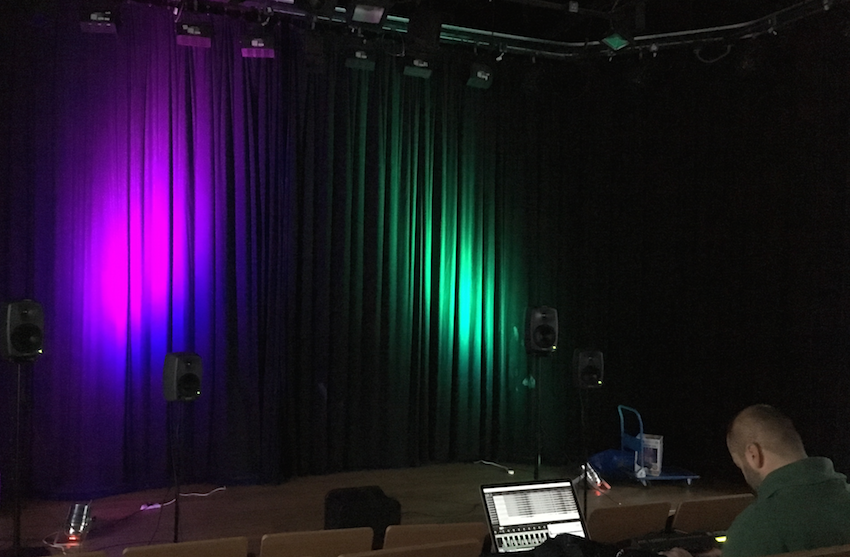
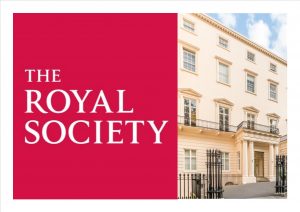
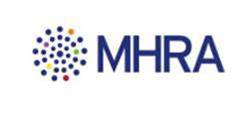
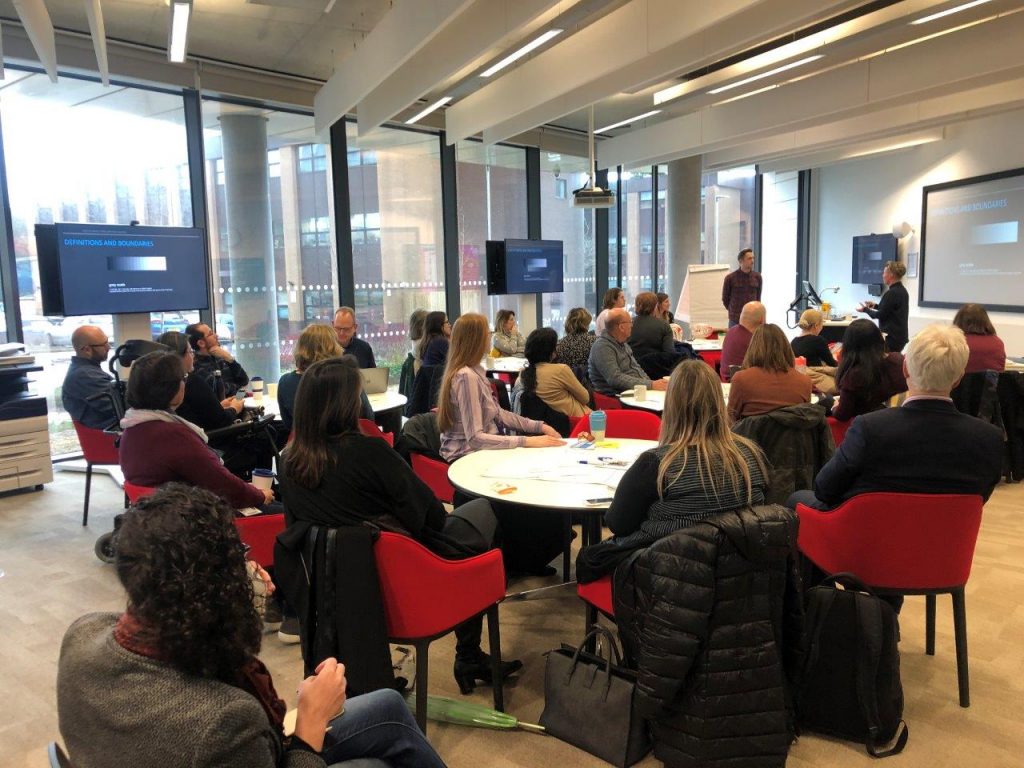
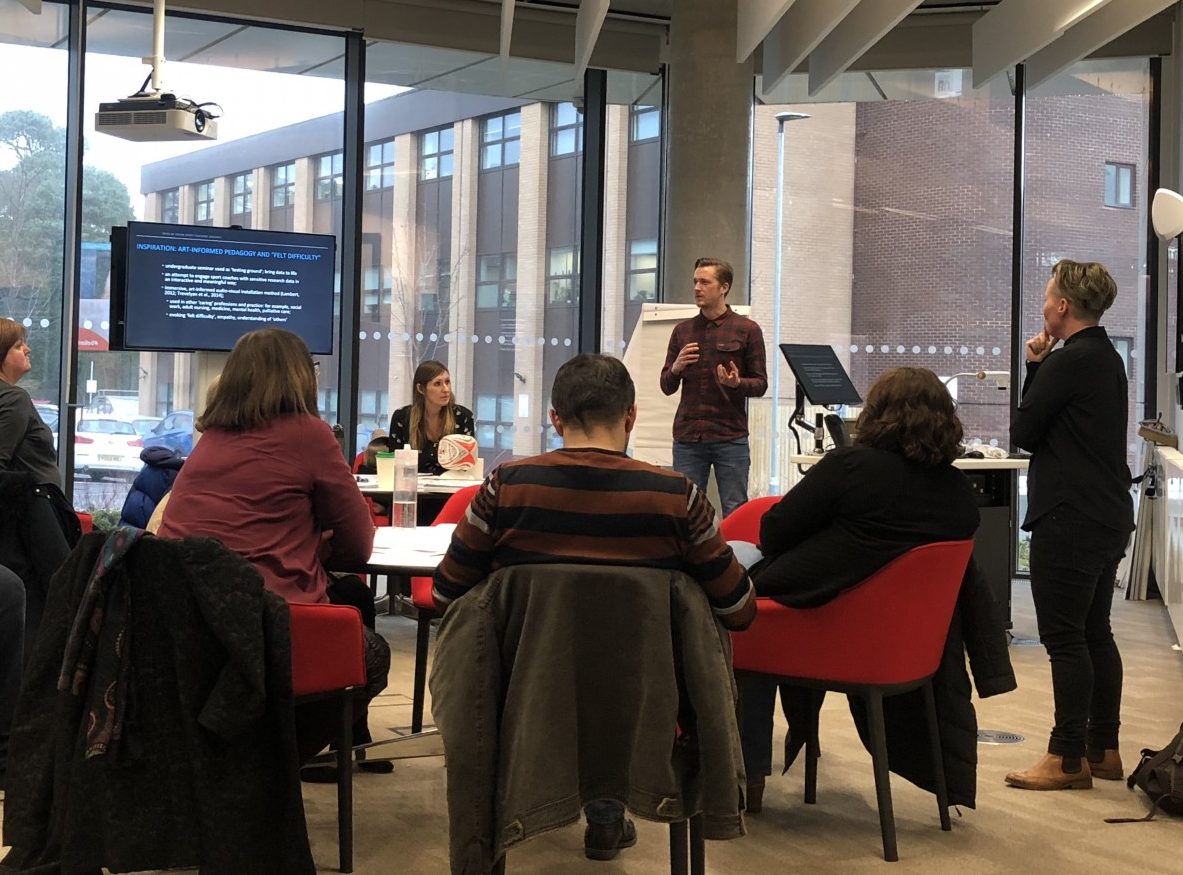


 At Bournemouth University we collaborate with global institutions and organisations through our education, research and practice.
At Bournemouth University we collaborate with global institutions and organisations through our education, research and practice. Every BU academic has a
Every BU academic has a  By clicking on this box, on the left of the Research Blog home page just under the text ‘Funding Opportunities‘, you access a
By clicking on this box, on the left of the Research Blog home page just under the text ‘Funding Opportunities‘, you access a 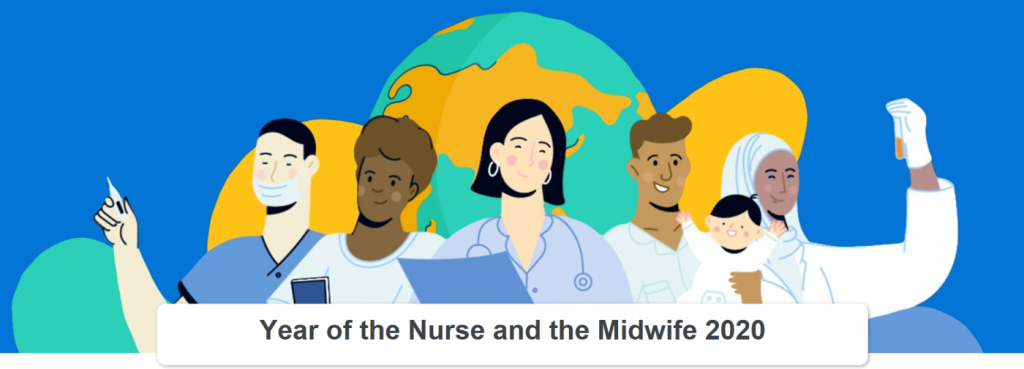



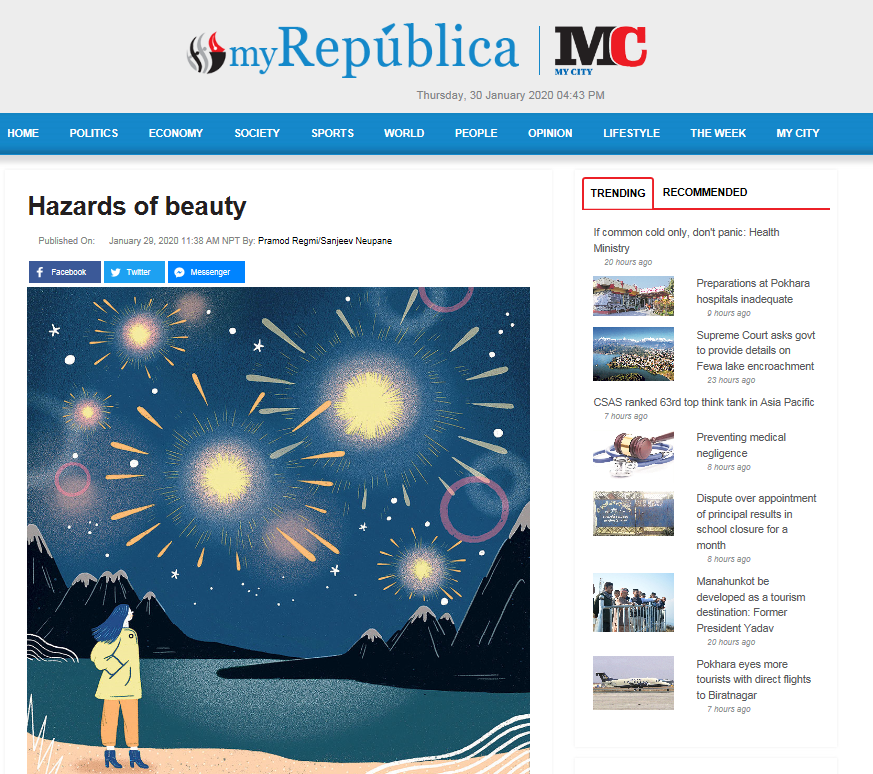

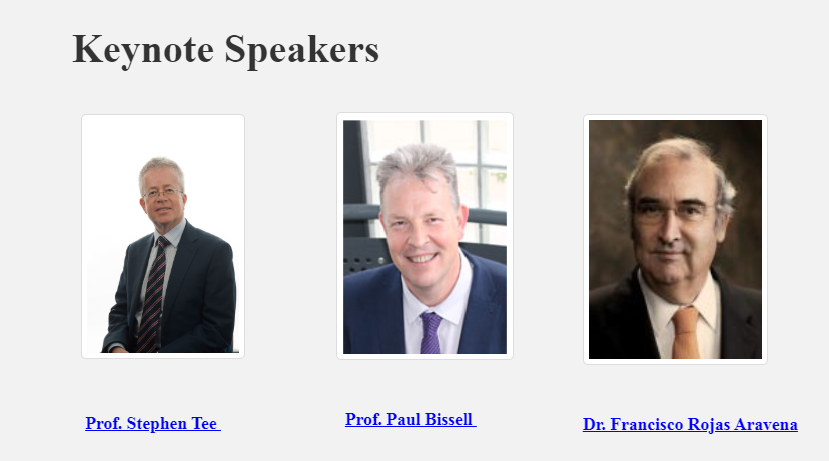
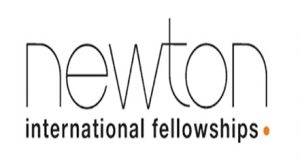











 New Bournemouth University public health paper
New Bournemouth University public health paper New ACORN-funded paper published. When time is short but passion for food is strong, food day-tripping may be the answer!
New ACORN-funded paper published. When time is short but passion for food is strong, food day-tripping may be the answer! Third INRC Symposium: Interdisciplinary Computational and Clinical Approaches at the Edge of Brain Research
Third INRC Symposium: Interdisciplinary Computational and Clinical Approaches at the Edge of Brain Research Royal Society of Chemistry Outreach Fund: Open for Applications
Royal Society of Chemistry Outreach Fund: Open for Applications Last reminder – MSCA Postdoctoral Fellowships 2024 internal deadline next week
Last reminder – MSCA Postdoctoral Fellowships 2024 internal deadline next week Horizon Europe – EuroHPC and MSCA PF webinars
Horizon Europe – EuroHPC and MSCA PF webinars